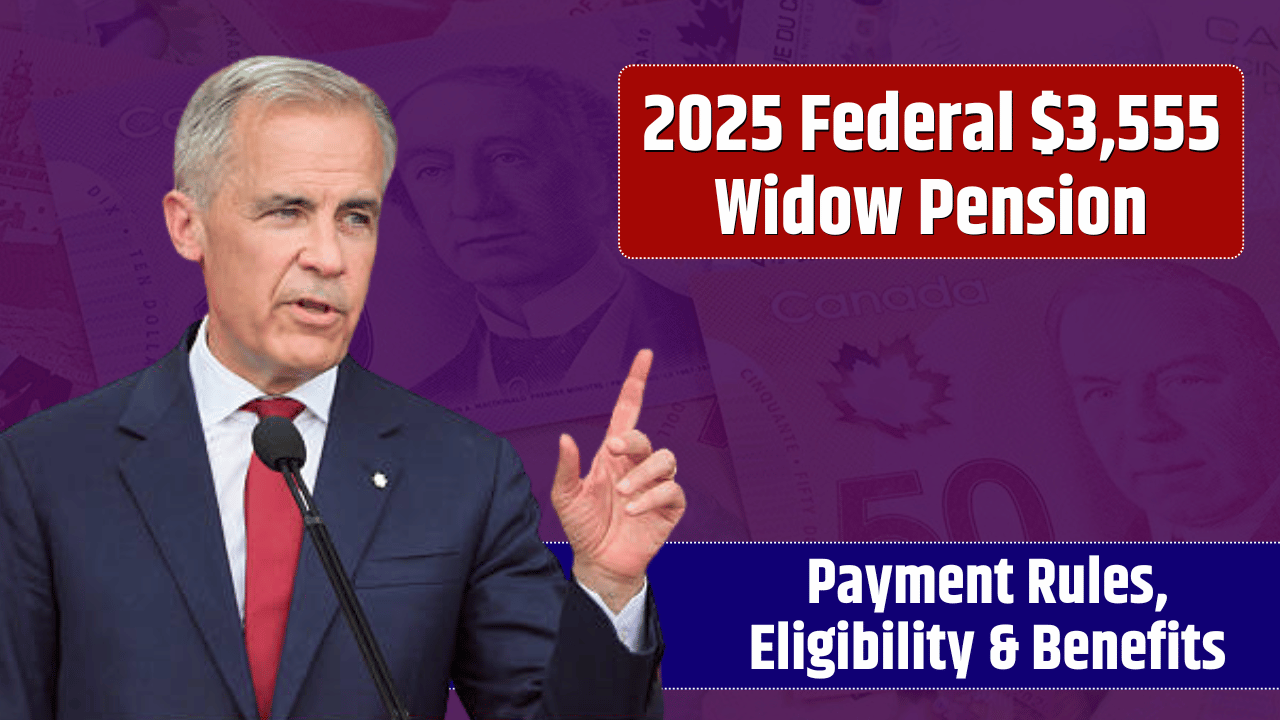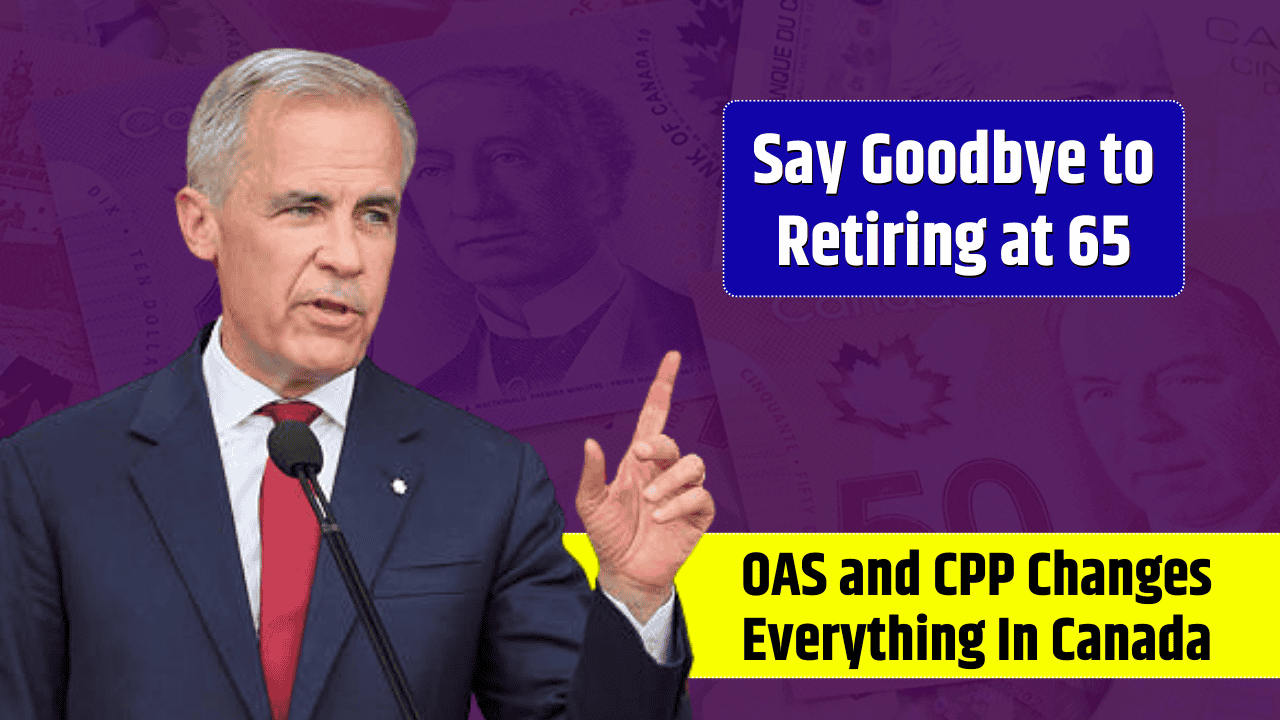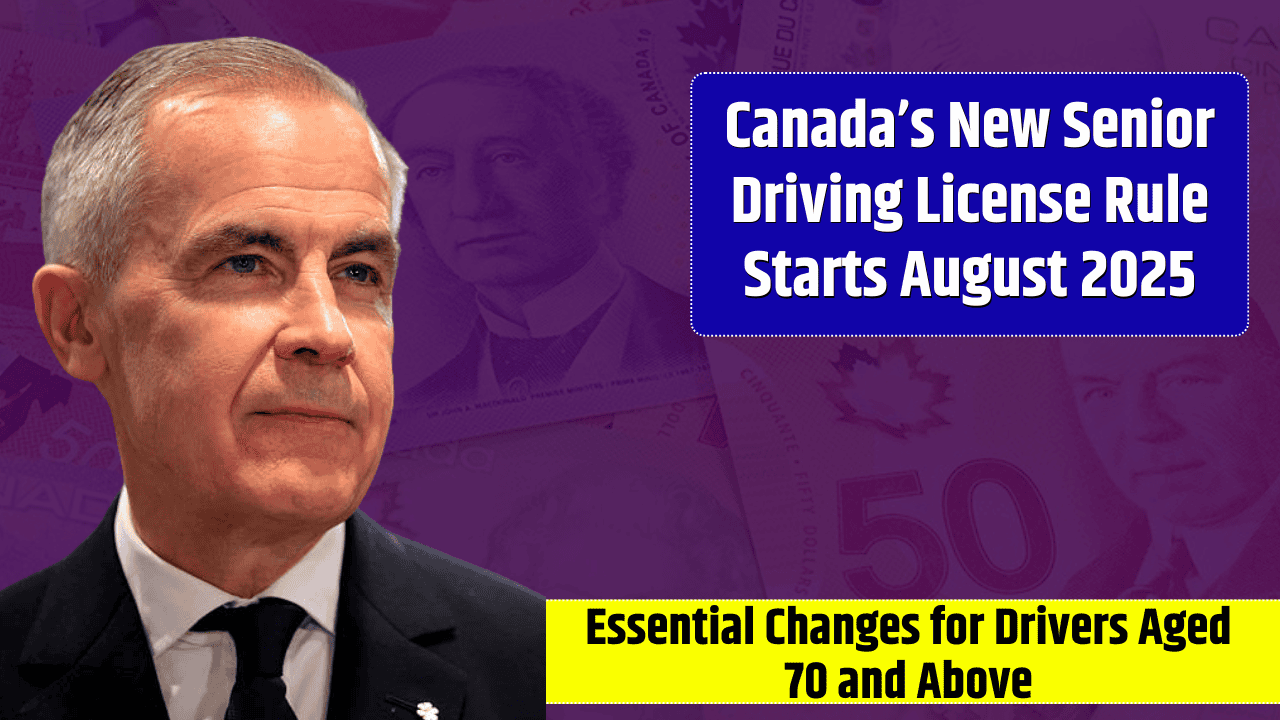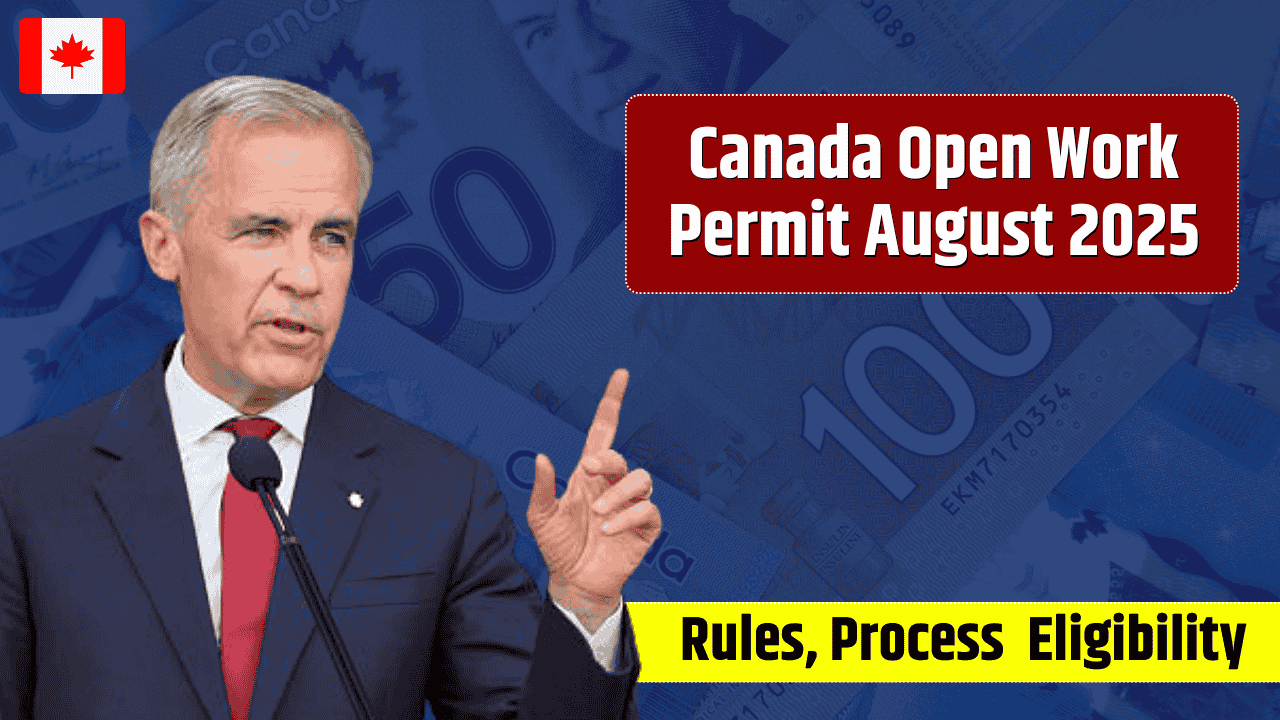Alright, before we dive into this — I have to flag something important. I couldn’t find any official Government of Canada announcement about a new “$3,555 Widow Pension” launching in 2025.The Survivor’s Pension is a real program under the Canada Pension Plan (CPP), but the figure of $3,555 per month doesn’t match any verified maximum benefit listed by Service Canada. In fact, as of 2024, the maximum monthly CPP survivor’s pension for someone under 65 is much lower — in the $700–$1,300 range, depending on age and the deceased’s contributions.
So this seems like a mix of real and exaggerated information, probably circulating on social media or certain blogs. Let’s break it down factually, so you know what’s actually available and how it works — without the hype.
Table of Contents
Understanding Canada’s Survivor’s Pension
The Survivor’s Pension is an ongoing monthly payment made to the legal spouse or common-law partner of a deceased CPP contributor. It’s not new — it has existed for decades — but benefit amounts change yearly with indexation.
Payments depend on:
- How much the deceased contributed to the CPP
- The survivor’s age
- Whether the survivor is also receiving CPP retirement or disability benefits
According to Service Canada, you can find the official details here: Survivor’s Pension – Government of Canada.
Who Can Apply
You may be eligible if:
- You were legally married to the deceased or in a common-law relationship for at least one year before their death
- The deceased made sufficient CPP contributions
- You are at least 35 years old, or under 35 with a disability, or caring for dependent children of the deceased
Actual Payment Amounts in 2024
Here’s what the official 2024 numbers look like (which will likely be adjusted slightly in 2025):
| Situation | Maximum Monthly Payment (2024) | Notes |
|---|---|---|
| Survivor under 65 | $739.31 | Plus flat-rate portion + % of deceased’s CPP retirement |
| Survivor 65+ | $783.94 | Paid as a % of deceased’s retirement pension |
| One-time Death Benefit | Up to $2,500 | Lump-sum, taxable |
| Children’s Benefit | $281.72 per child | Paid to surviving parent or guardian |
Source: Service Canada – Survivor Benefits
Why $3,555 Is Misleading
Even if someone combines:
- Their own CPP retirement pension
- A survivor’s pension
- Children’s benefits
…it’s still unlikely to reach $3,555/month. That figure may be a theoretical max if the deceased earned the highest possible CPP contributions for decades and the survivor has their own maximum CPP — but that’s not a standard survivor’s pension, it’s a combined benefit.
How to Apply
Applications can be done online via My Service Canada Account (MSCA) or by completing the ISP1300 form and mailing it in. You’ll need:
- Your Social Insurance Number (SIN)
- The deceased’s SIN
- Proof of relationship (marriage certificate or statutory declaration for common-law)
- Banking information for direct deposit
- Claim: A new $3,555 Widow Pension launches in 2025.
- Truth: There’s no official launch of a new program; the Survivor’s Pension already exists. The $3,555 figure is not a standard monthly payment, but possibly a misrepresentation of combined benefits in rare, high-contribution cases.
- Source Verification: Government of Canada – CPP Survivor’s Pension, Death Benefit.
Wrap-Up
If you’re a widow or widower in Canada, there’s real help available — but it’s not the viral $3,555/month figure making the rounds. The official Survivor’s Pension, death benefit, and children’s benefit can still add up to meaningful monthly income and lump-sum support. The key is knowing exactly what you qualify for and applying as soon as possible after your partner’s death.
FAQs
Is the Widow Pension a new benefit in Canada?
No, the Survivor’s Pension has been part of CPP for years. The rumored “new” program is misinformation.
What’s the maximum monthly survivor benefit in 2024?
Under 65: $739.31; 65+: $783.94, plus possible children’s benefits.
Can I receive both my CPP retirement and survivor’s pension?
Yes, but combined amounts are subject to maximum limits.
How long does it take to get approved?
Processing usually takes 6–12 weeks after Service Canada receives your complete application.












